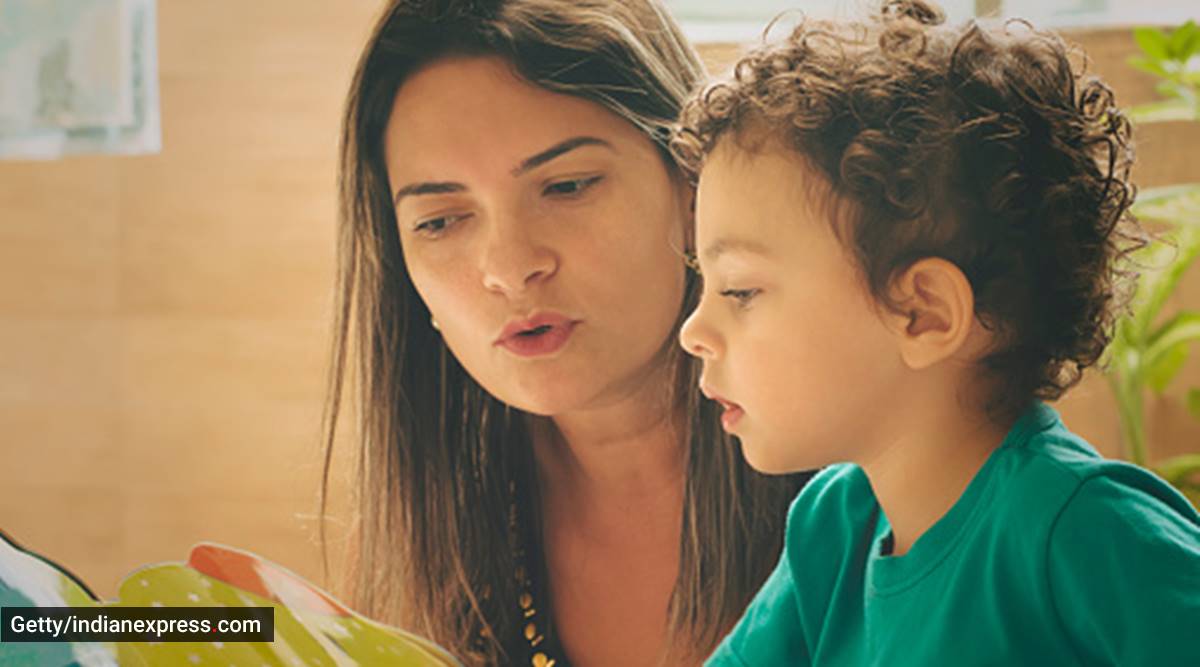Routine is everything when it comes to parenthood. You might be bored with it but your children love it!

By Meghna Yadav
Parenting starts even before the child comes to this world and then, it never ends. Once a parent, always a parent. Probably because the parent-child bond is fluid in nature. It changes with time and takes different forms as children grow. It is actually a kaleidoscope of emotions that both parents and children experience throughout their lives.
Every child is unique, every family is unique and therefore, every parent-child bond is unique as well. But there are certain facts about this bond that are applicable throughout the world. Most of these facts are well known to parents but no harm in having constant reminders. Here is a quick eight-point guide that can help parents in strengthening this beautiful bond:
The early years matter
The family is the first unit of society that a child gets exposed to as soon as the child comes on this planet. From birth to the first eight years of life, every child’s brain undergoes a number of extraordinary experiences. A lot of it is in response to the variety of stimuli children receive; the conversations they hear, the faces they see, the real life episodes they experience. Parents need to know this power of early years and invest systematically in capturing every moment that will strengthen the parent-child bond. Also, there are clear ‘windows of opportunity” which are sensitive periods when a particular kind of learning is more prone to happen. Invest in the early years very carefully and know your child’s window of opportunity.
Follow a routine
Routine is everything when it comes to parenthood. You might be bored with it but your children love it! Create a routine which will instantly signal your child’s brain that a particular time is approaching for a particular activity. Whether it is a warm bath or reading out your favourite bedtime story, inculcate a routine and get your child to follow it on weekends as well. These daily activities go a long way in creating a beautiful bond between child and caregivers.
Know the basics
It is important to know that children grow every minute and certain tasks like reading, writing, socialising, self-care are very age specific. Give time to your child to be ready to achieve a particular milestone and exhibit trust in their capacities. Parents who know the basics about child growth and development rarely compare their child with others and that is a very significant factor in developing an everlasting bond with children.
Walk the talk
What you want your child to follow, you have to do it in front of them. If you want your child to wash hands after coming back from outdoor play, you need to wash your own hands soon after coming home. Instead of giving only verbal instructions about life, live the life that you want your children to live. Children learn best when they experience it around them and moreover, they feel blessed to have great role models in parents.
Focus on daily chores
If you struggle to find time for your children due to professional and personal commitments, involve your children in daily chores. Research has proven that bonding happens best when it’s natural and free flowing through daily tasks. So, in case of time constraints, fold clothes with your child instead of reading a book! Such natural moments provide an opportunity to converse and connect with your child.
Family mealtimes
The most important and impactful family habit which is guaranteed to play a role in your child’s core personality development is eating at least one meal together as a family. All the important aspects of positive parenting can be encapsulated into that one hour of a family meal, creating a lasting positive impression on your bond with your child.
Acknowledge children’s disappointments
If you feel your children are quieter than usual, talk to them about it. Initially, they may not want to talk about what is bothering them but with time, they will learn to depend on you when it comes to discussing their feeling, however small it may seem. It will help you immensely when children are into their teens. Share real-life stories of your own tough times, challenges of the past, and your battles and struggles with your children.
Invest in yourself
Remember, parenting is the most rewarding job and it is never-ending. You have to take care of yourself to take care of your children. To raise a healthy child, you need to be energetic and healthy. So, focus on your own physical and emotional health. Invest in yourself and make sure you find time for yourself during the day. Happy parents develop happy children. Positive environment at home acts as oxygen for the parent-child bond.
(The writer is the Head of Training and Development at KLAY schools and a developmental psychologist who is working with children and families from the last two decades in countries like India, USA, Australia and Singapore. She is also a certified child psychologist and family counsellor.)
Source: Read Full Article
